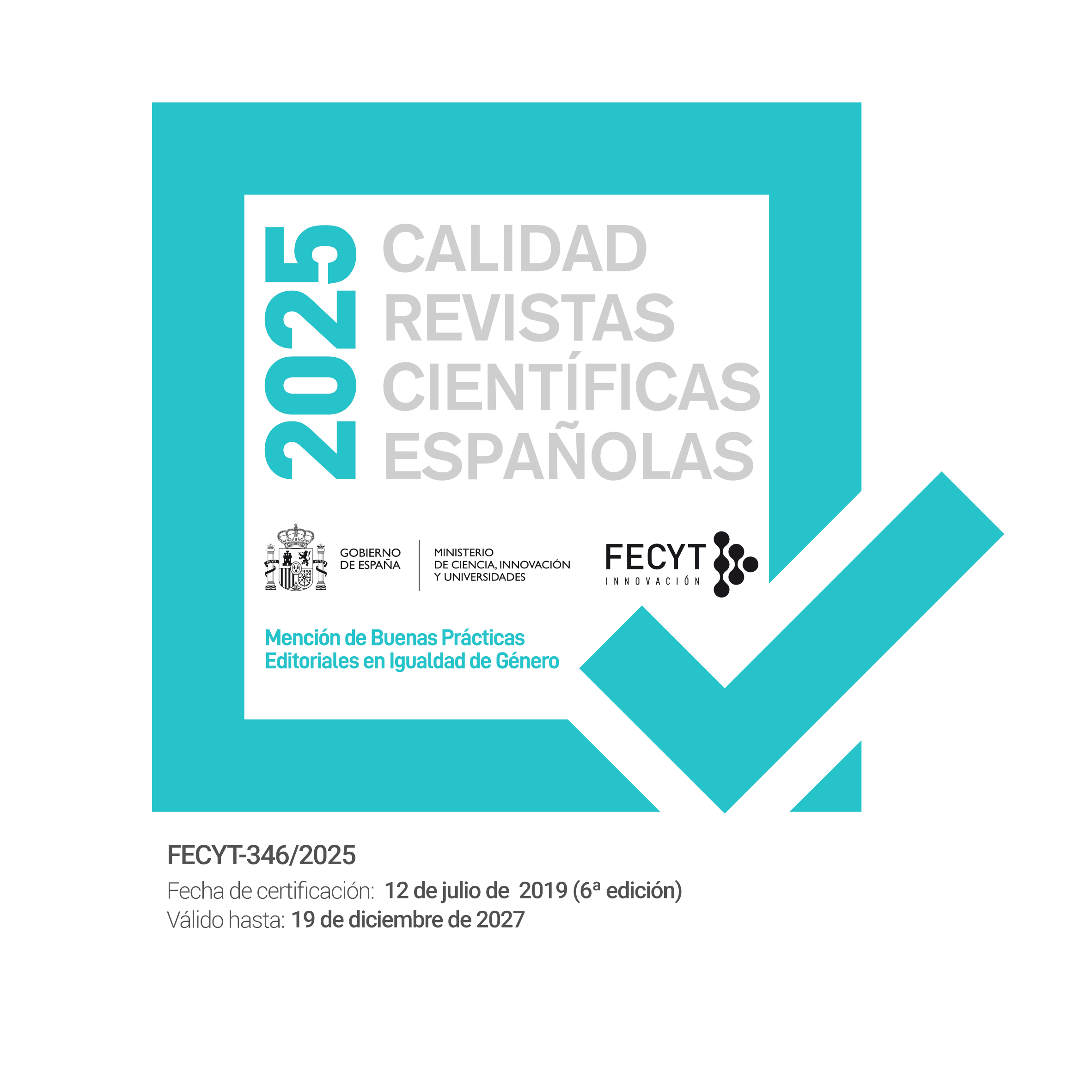Michel Foucault, another strategic disposition of the Social Sciences
Keywords:
epistemology, social sciences, Foucault, theoryAbstract
This paper briefly exposes the goals and contents contained in the special issues "Michel Foucault, another strategic disposition of the Social Sciences". At first, the coordinates from which the monograph and its goals have been conceived are indicated. Appeals to the methodological pluralism of Jean Claude Passeron, to the idea of theory as a 'toolbox', and, above all, we proceed to make explicit the criteria that, as coordinators, we have kept in mind when selecting the articles. Some criteria that seek, not just the commentary on Foucault's work, but the presentation of investigations that have implemented Foucauldian tools in their ways of proceeding, either to show their heuristic performance, or to problematize them and show their limits. In a second moment, the various materials that house this monographic number are indicated, highlighting above all the problems contained in each of the articles.
Downloads
References
Boltanski, Luc y Éve Chiapello [1999] (2002). El nuevo espíritu del capitalismo. Akal Ediciones.
Bourdieu, Pierre [1997] (1999). Meditaciones pascalianas, Anagrama.
Cusset, François (2008). French Theory, Foucault, Derrida, Deleuze & cía. y las mutaciones de la vida intelectual en Estados Unidos. Melusina.
Foucault, Michel (1972). Les intellectuels et le pouvoir (entretien avec Gilles Deleuze). En Dits et écrits II. 1970-1975 (pp. 306-315). Gallimard.
García, Francisco (2021). Cómo hacer cosas con Foucault. Instrucciones de uso, Dado Ediciones.
Passeron, Jean-Claude [1991] (2011). El razonamiento sociológico: el espacio comparativo de las pruebas históricas. Siglo XXI.
Revel, Jacques (1979). Histoire et sciences sociales: les paradigmes des Annales. Annales Économies, Sociétés, Civilisations, 34e année, N.6, pp. 1360-1376.
Downloads
Published
How to Cite
Issue
Section
License
Copyright (c) 2023 Encrucijadas. Revista Crítica de Ciencias Sociales

This work is licensed under a Creative Commons Attribution-NonCommercial-NoDerivatives 4.0 International License.
Los autores/as conservan los derechos de autor y ceden a la revista el derecho de la primera publicación, con el trabajo registrado con la licencia de atribución de Creative Commons Reconocimiento-NoComercial (CC-BY 4.0), que permite a terceros utilizar lo publicado siempre que mencionen la autoría del trabajo y a la primera publicación en esta revista. Encrucijadas permite y se anima a todas las personas autoras a depositar la versión final publicada en repositorios institucionales o temáticos de acceso abierto, cumpliendo en caso necesario los términos establecidos por la entidad financiadora de la investigación.





